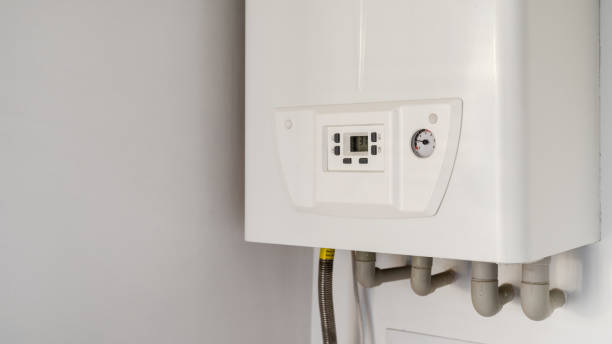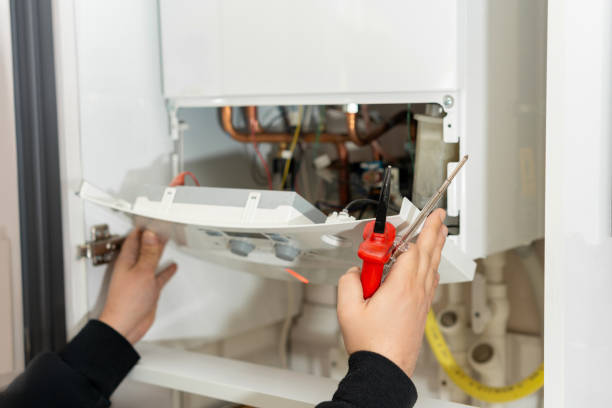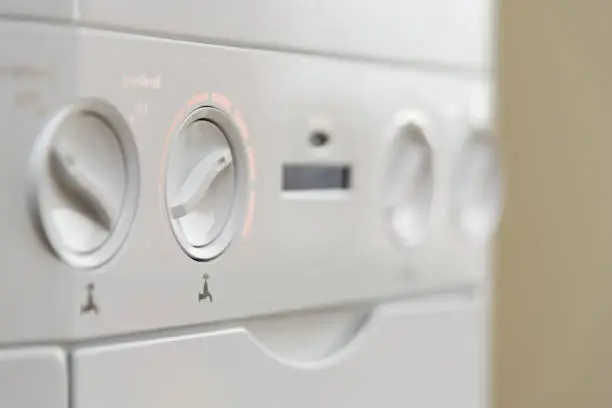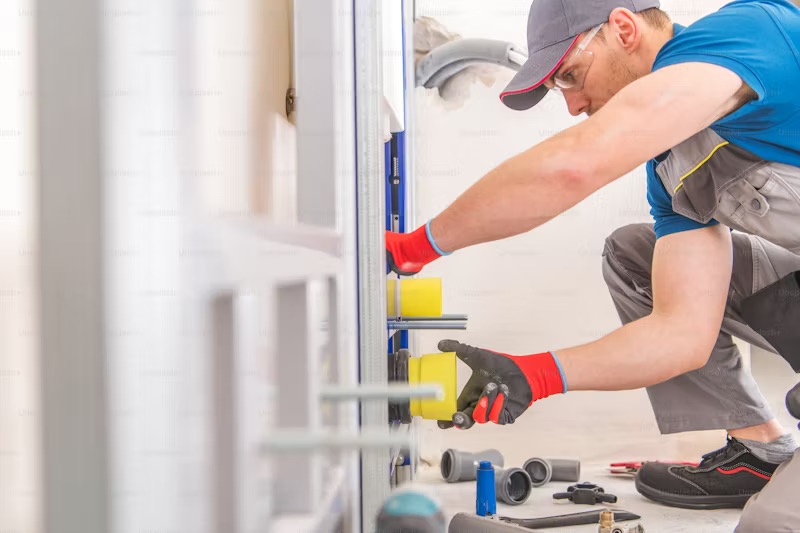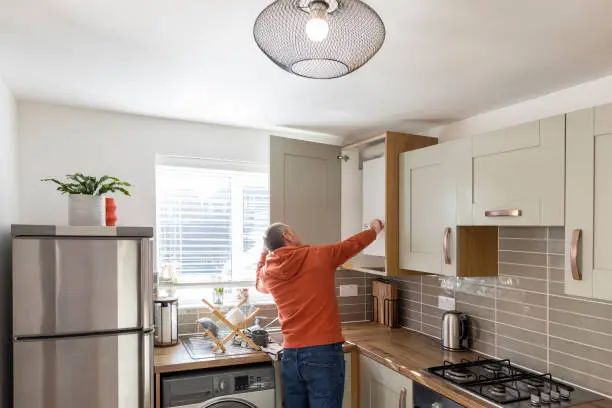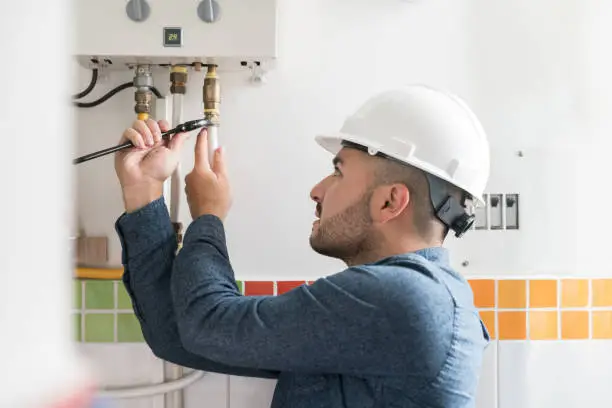When your boiler stops working in extreme weather conditions, the risks multiply. First, you may experience an uncomfortable drop in temperature, leading to a chilly indoor environment that poses health risks, particularly for the young, elderly, or anyone with underlying health conditions.
Additionally, without heating, water pipes can freeze and burst, leading to costly repairs and further complications. Furthermore, there is the potential for property damage from damp or mould if heating is not restored promptly.
Moreover, the discomfort caused by a malfunctioning boiler can extend beyond mere temperature drops. It can disrupt daily routines, making simple tasks like bathing or cooking increasingly challenging.
Families may find themselves huddled together in one room, relying on portable heaters that may not provide adequate warmth, thus creating a stressful atmosphere. This situation can be particularly distressing during festive seasons when gatherings and celebrations are expected, transforming what should be a joyful time into one of anxiety and discomfort.
In addition to the immediate physical discomfort, there are also financial implications to consider. The cost of emergency repairs can be steep, especially if you need to call out a technician during peak winter months when demand is high. Regular maintenance of your boiler can mitigate these risks, ensuring that it operates efficiently and effectively, thus safeguarding your home and your peace of mind during the coldest months of the year.



